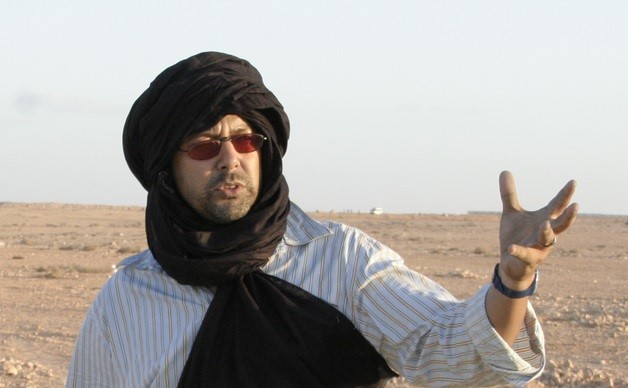In November 2016, the CAT found that Morocco had breached a record six provisions of the Convention against Torture and had committed acts of torture against notorious Sahrawi human rights activist Enaâma Asfari. Asfari had been campaigning for the self-determination of Western Sahara, a former Spanish colony that remains under Moroccan occupation despite a 1992 UN ruling for a referendum on independence, which has yet to be complied with. In their decision, the CAT requested that Morocco provide redress and compensation to Enaâma Asfari, and “refrain from any form of pressure, intimidation or reprisals … and enable the complainant to receive visits from his family in prison”.
However, following the CAT’s decision, the complainant has been subjected to a range of vexations, and his relatives have not been able to visit him in prison. ISHR and ACAT France sent a communication to the CAT requesting that it urge Morocco to put a halt to the reprisals and enable Asfari to receive visits from his relatives. In their ensuing call to the Moroccan authorities, the CAT underlined the “seriousness of the allegations” of reprisals and called on Morocco to fully comply with the Committee’s decision.
“Morocco has taken various visible steps to prevent torture in recent years such as ratifying the Optional Protocol to the UN Convention against Torture and joining the Convention against Torture Initiative” says Vincent Ploton, ISHR’s Head of treaty body advocacy. “Yet the case of Enaâma Asfari and his fellow Sahrawi co-defendants demonstrates that much remains to be done to transform those commitments into reality”.




